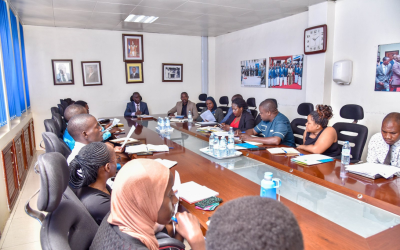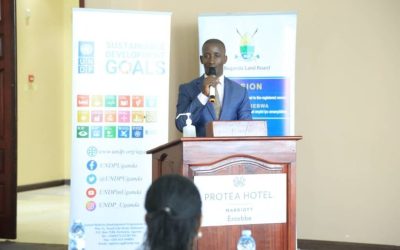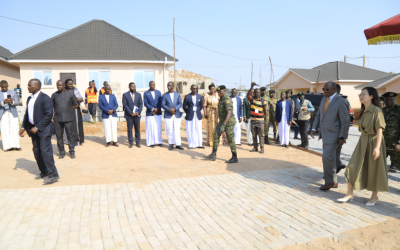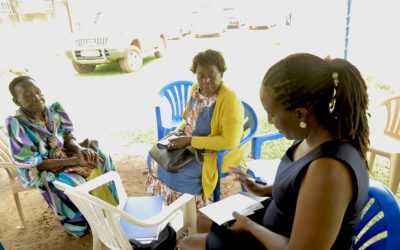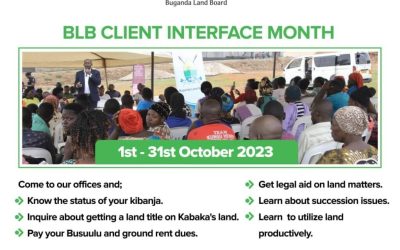SECURITY OF TENURE AS A MEANS OF LAND RESTORATION IN UGANDA
By Joseph Kayemba
According to the World Bank’s insightful economic update report on Uganda, 80 percent of Ugandan households depend on renewable natural resources—such as agricultural land, fertile soil, lush forests, and freshwater—for their livelihoods. Our natural capital resources, account for over one-quarter of our GDP, underscoring their significance to the nation’s well-being.
Regrettably, the management of these resources has faced significant challenges, resulting in rapid depletion that heightens economic vulnerabilities for a population reliant on them. Over the past decade, we have witnessed an alarming increase in soil nutrient depletion, soil erosion, and deforestation. The World Bank reveals that 41 percent of Uganda’s land is now degraded. Furthermore, our forests are vanishing at a staggering rate of 2.6 percent annually—one of the highest rates of forest loss worldwide. This relentless degradation endangers our economy and environment. The financial toll of soil erosion and land degradation is estimated to soar to 17 percent of GDP, hence, the urgent call for land restoration to avert a looming catastrophe of hunger and despair.
Restoring land in Uganda demands a united effort to mobilize communities. Key activities must include tree planting initiatives, promoting agroforestry, enhancing pasture management, adhering to soil conservation practices, embracing sustainable land management, establishing protected areas, and implementing innovative natural regeneration techniques in degraded zones. But, these initiatives will remain futile without confronting the critical issue of security of tenure—a significant barrier that cannot be overlooked.
The connection between the security of land tenure and successful land restoration is compelling. When individuals possess secure rights to their land, they are more inclined to invest in restoring degraded areas—an investment driven by their vested interest in the land’s long-term productivity. Conversely, uncertain tenure often leads to neglect and degradation, as the lack of incentive discourages sustainable management practices.
Clear land ownership diminishes disputes over land use, creating a stable and conducive environment for revitalization efforts. Additionally, secure land rights invigorate local communities, encouraging them to actively participate in restoration projects, thus cultivating a deeper sense of ownership and commitment. For instance, when farmers are assured of secure tenure, they are more likely to integrate tree planting into their agroforestry systems, enhancing soil health and biodiversity. Secure grazing rights prompt pastoralists to adopt sustainable grazing practices, preventing overgrazing and promoting grassland recovery.
While achieving security of tenure presents challenges, including complex land tenure systems, the difficulties surrounding effective land titling and registration in remote areas, and existing gender disparities, numerous solutions can ensure the security of tenure and catalyze land restoration efforts throughout the nation.
The Buganda Land Board, an institution rooted in the cultural heritage of Buganda, where I proudly serve as a communications officer, has been tirelessly working since 2007 to secure the tenancies of local people. Through strategic land registration initiatives, comprehensive surveys, and boundary adjudication, the Board is committed to enhancing land security as a pathway to restoration. To date, over 300,000 individuals have been assisted in registering their tenancies, and 12,897 have successfully titled their land. In areas where tenancies have been secured, we are witnessing a profound transformation—one marked by renewed hope and vibrant restoration efforts.
The Buganda Land Board wishes to assist as many people as possible in securing their tenancies and promoting land restoration, but it currently lacks the necessary funds. Any effort to provide financial support for the processes of land registration, surveying, and boundary adjudication would significantly contribute to land restoration in many areas of central Uganda, which is both the most populated and the most affected by land degradation.
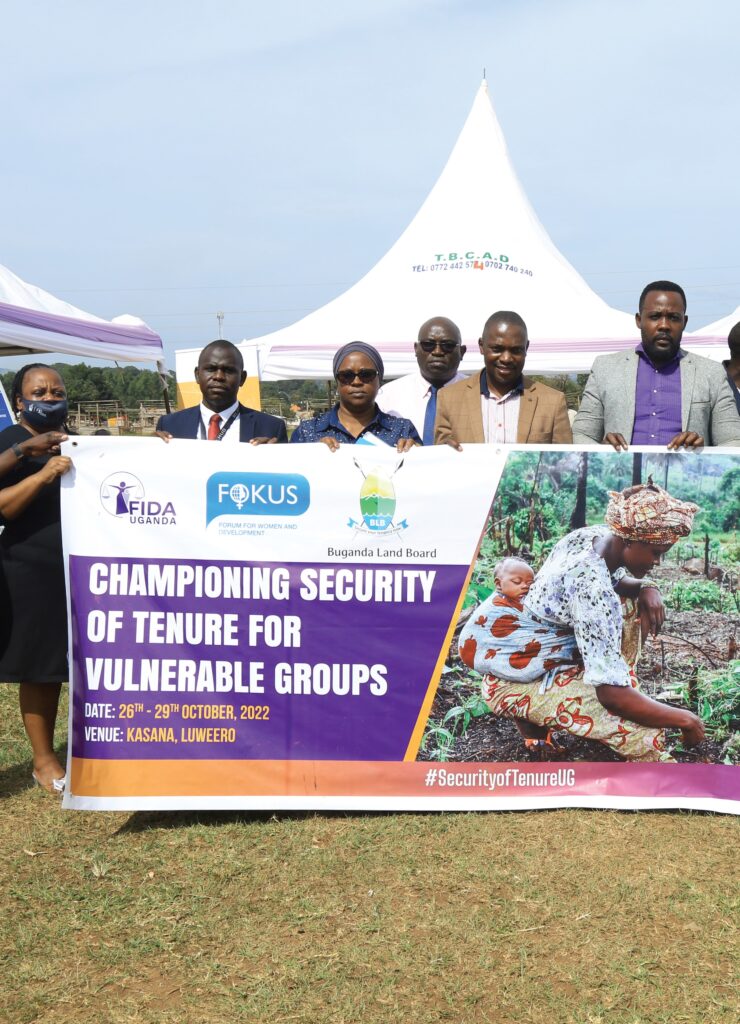
Categories
Recent News
- SECURITY OF TENURE AS A MEANS OF LAND RESTORATION IN UGANDA February 15, 2025
- Buganda Land Board, Opportunity Bank to empower bibanja holders in new partnership November 15, 2024
- Call for Expression of Interest to Lease Land with Granite Rock October 10, 2024
- Institution of Surveyors of Uganda (ISU) commends BLB June 10, 2024
- UNDP seeks partnership with BLB to eliminate slums and create smart cities in Uganda June 10, 2024


